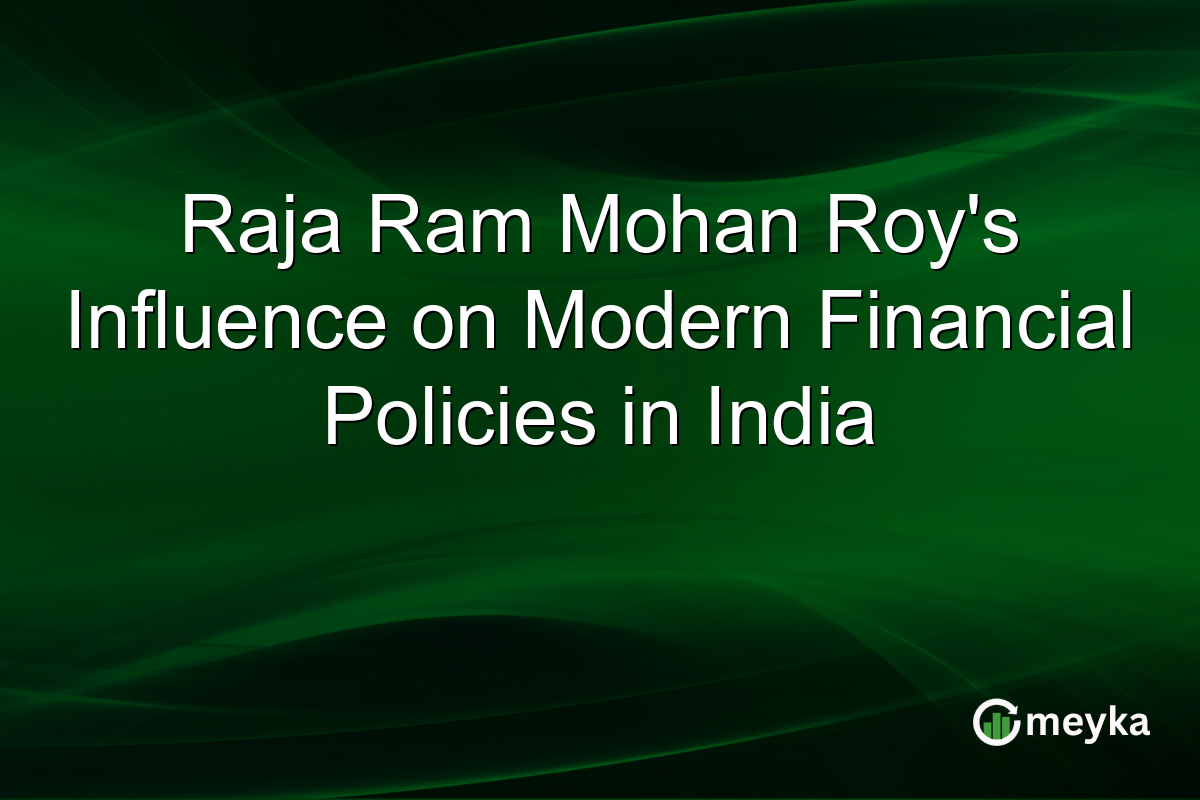Raja Ram Mohan Roy’s Influence on Modern Financial Policies in India
Raja Ram Mohan Roy, a pioneer of social and financial reform in India, continues to influence modern financial policies. His efforts in the early 19th century laid groundwork for progressive economic and legal systems. The recent political apology in Madhya Pradesh highlighted Roy’s lasting legacy in shaping financial strategies in India. His forward-thinking initiatives have parallels in today’s economic reforms and governance strategies, underscoring his enduring impact.
Continue Reading on Meyka
This article is available in full on our main platform. Get access to complete analysis, stock insights, and more.
Read Full Article →





